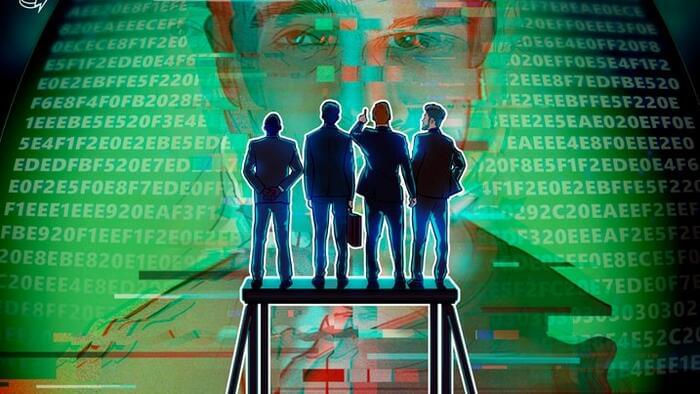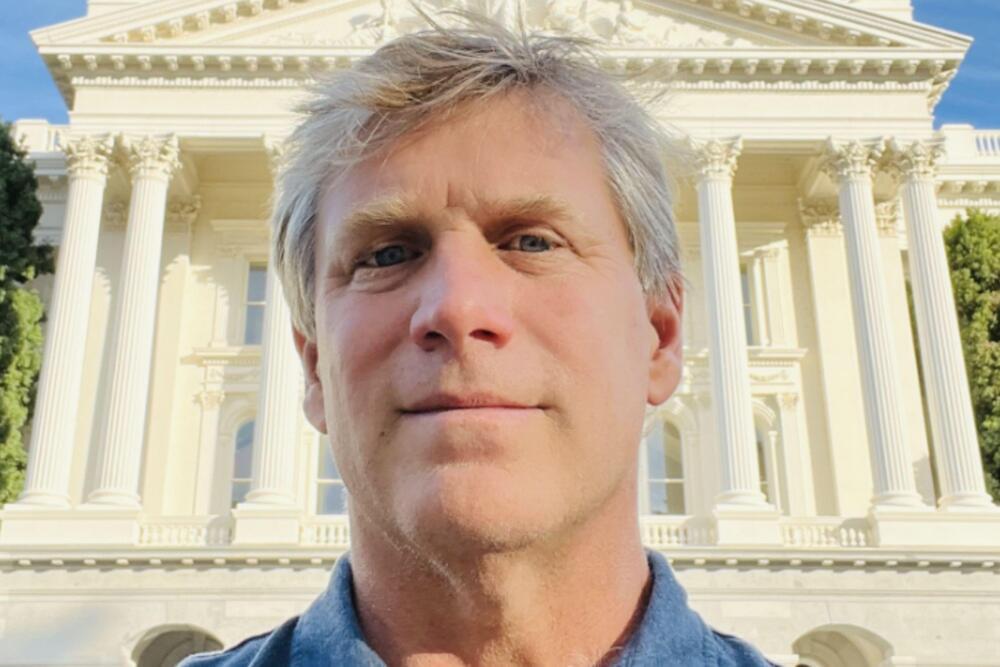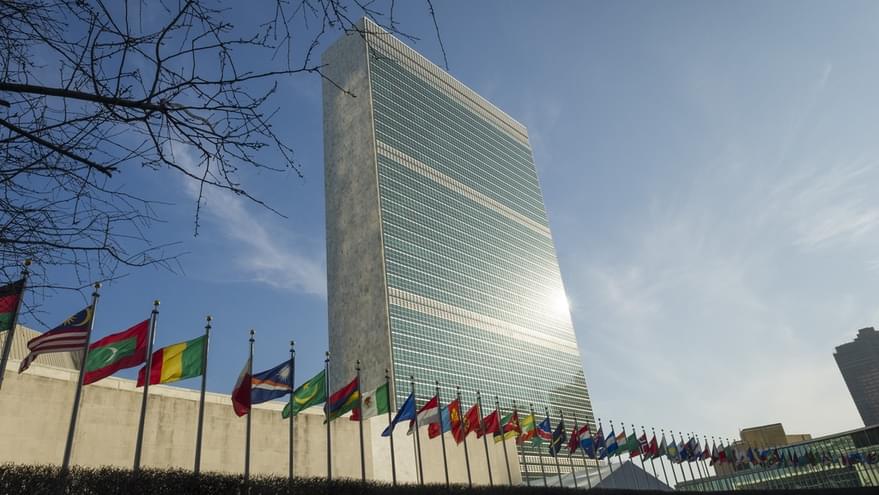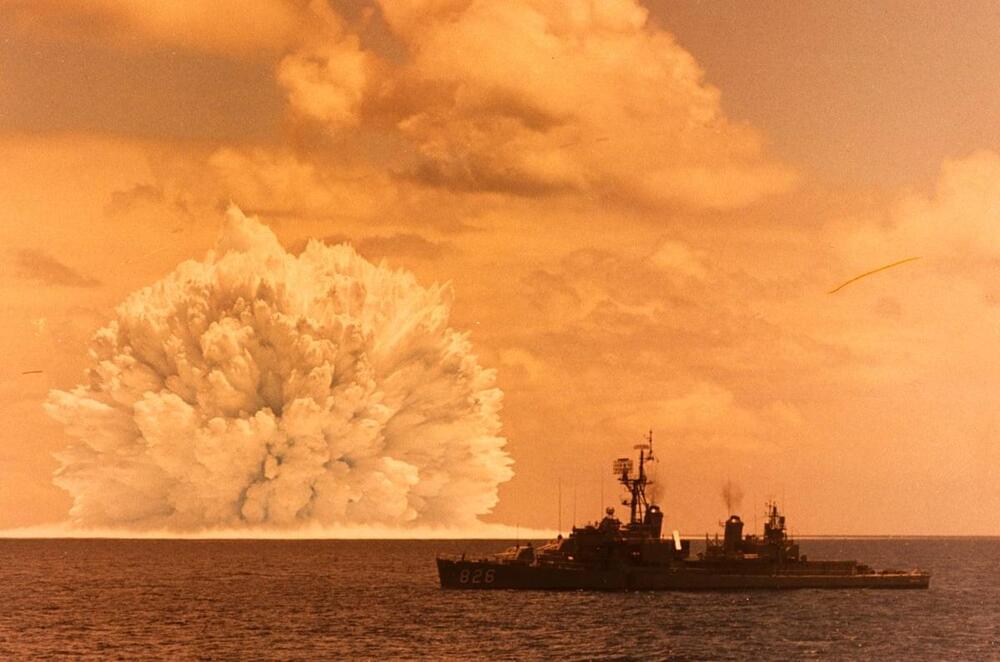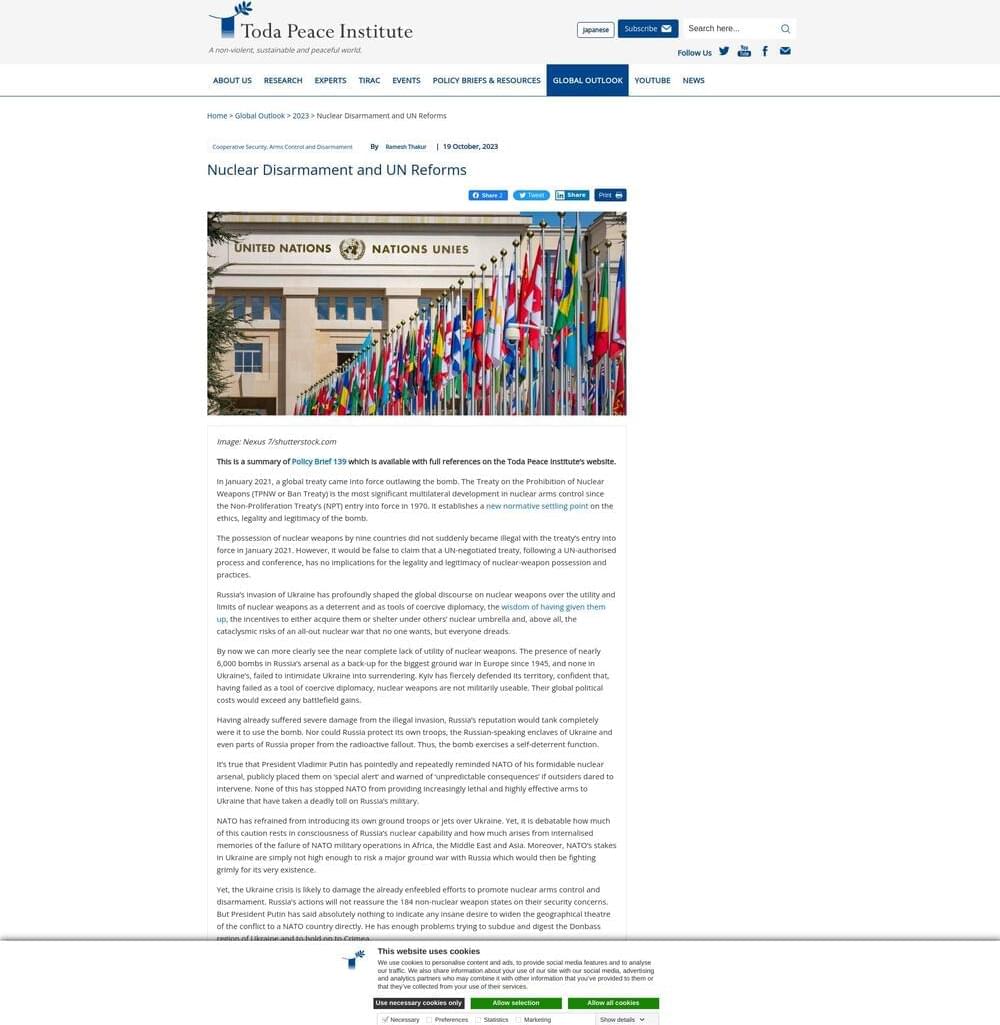What impacts have climate change mitigation strategies had on the ozone layer? This is what a recent study published in Nature hopes to address as a team of researchers led by the Massachusetts Institute of Technology (MIT) investigated the rate of Antarctic ozone recovery due to a reduction in human-caused ozone-depleting substances (ODSs). This study has the potential to help researchers, climate scientists, legislators, and the public better understand the benefits of climate change mitigation strategies on healing the environment for both the short and long term.
For the study, the researchers used a combination of satellite imagery data and a series of computer models to ascertain the extent of the Antarctic ozone recovery based on seasons and altitude between 2005 and now. The team conducted various models to identify a pattern in Antarctic ozone recovery, which they call a “fingerprint”. After comparing this to the satellite data, the team ascertained that the Antarctic ozone has been healing due to decreased levels of ODSs.
“After 15 years of observational records, we see this signal to noise with 95 percent confidence, suggesting there’s only a very small chance that the observed pattern similarity can be explained by variability noise,” said Peidong Wang, who is a PhD student in MIT’s Department of Earth, Atmospheric and Planetary Sciences and lead author of the study. “This gives us confidence in the fingerprint. It also gives us confidence that we can solve environmental problems. What we can learn from ozone studies is how different countries can swiftly follow these treaties to decrease emissions.”

